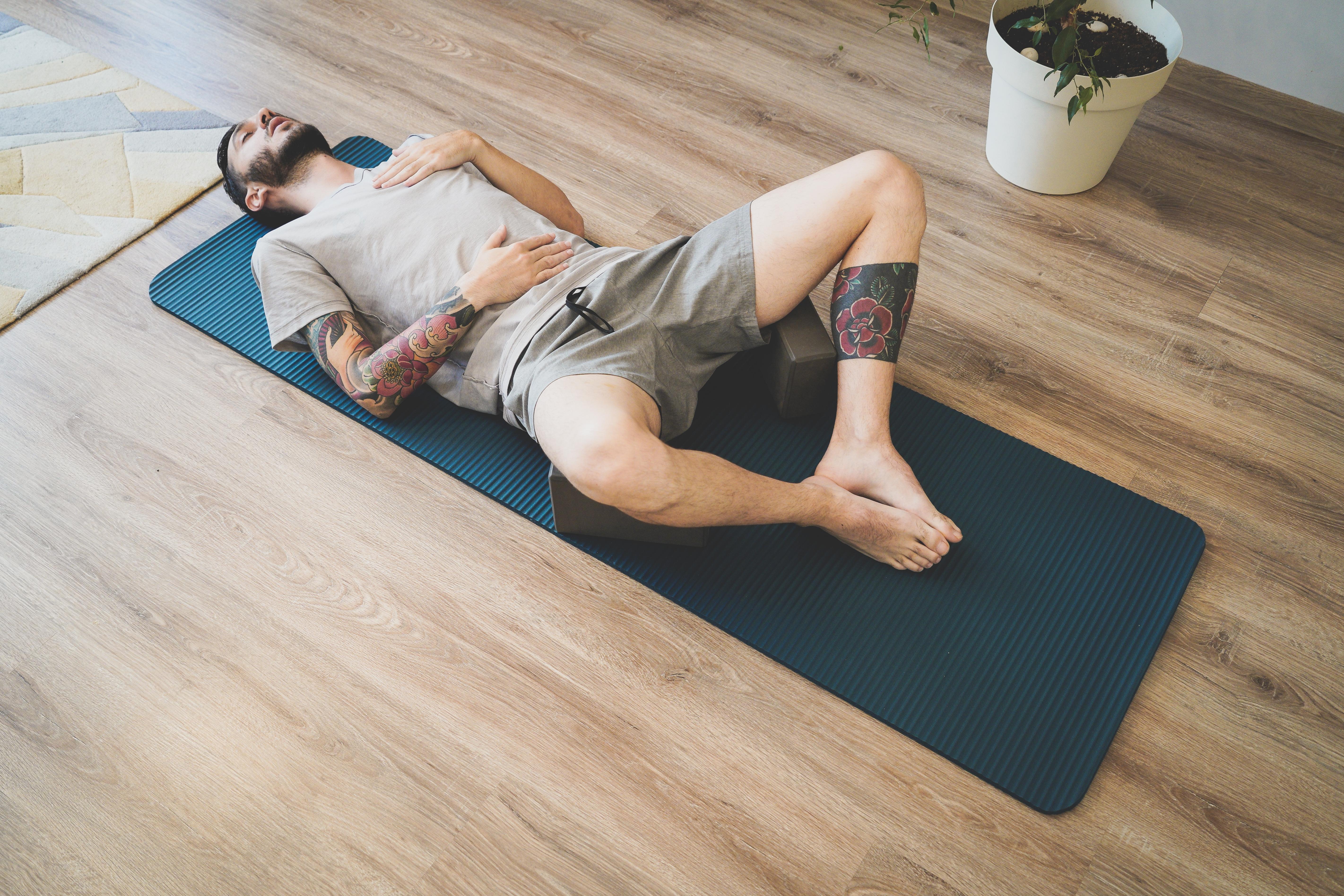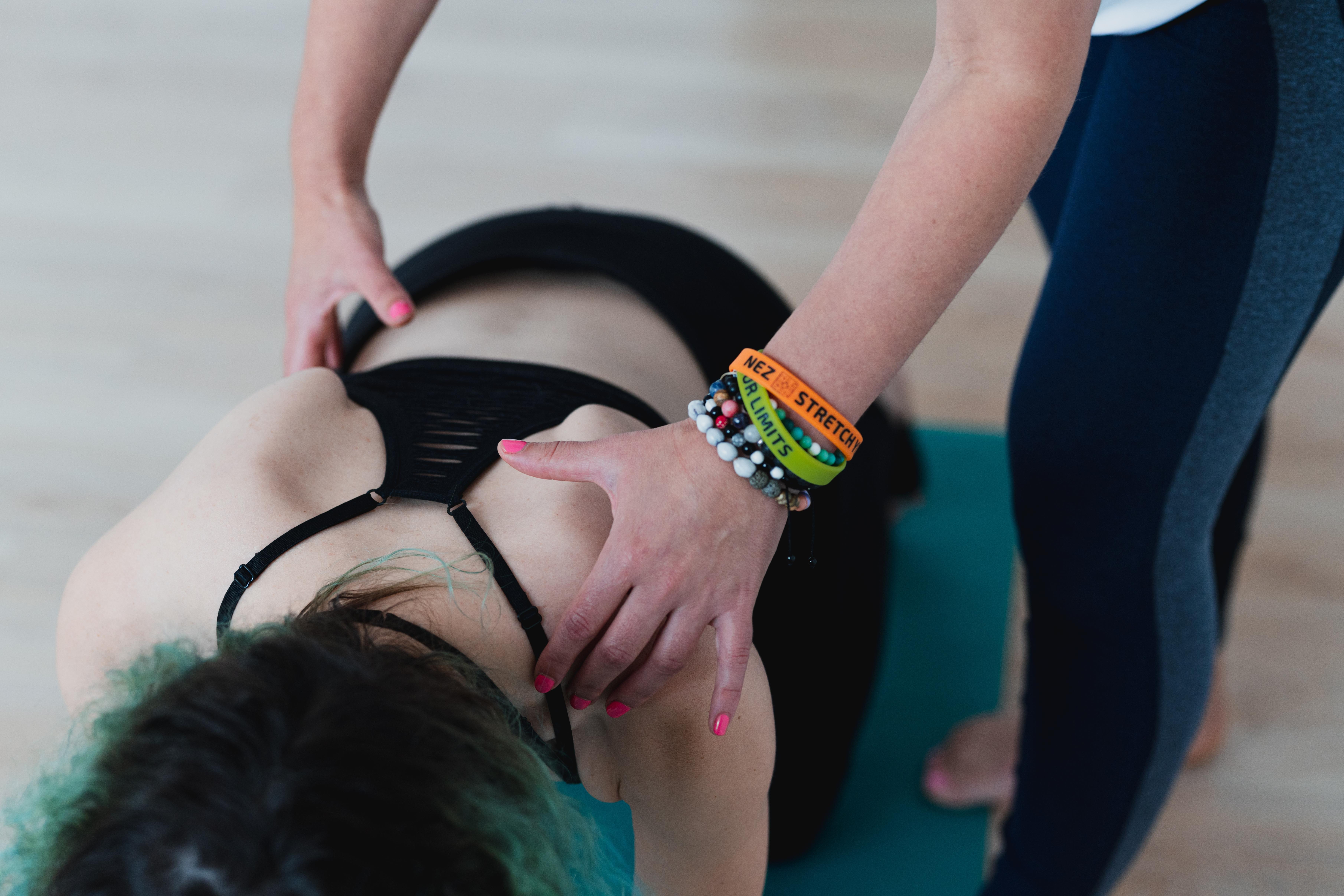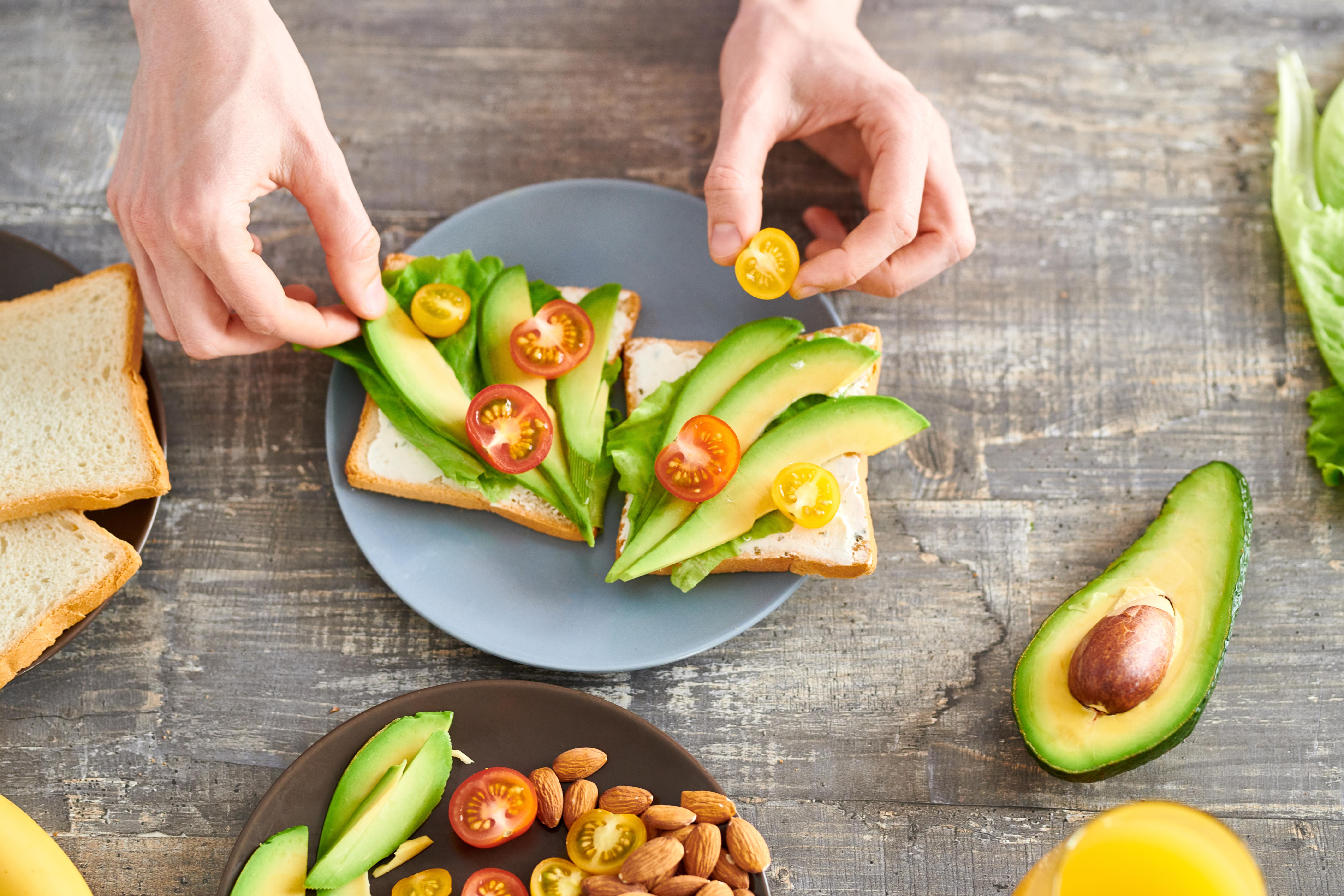Caffeine-Free Charge: Science-Backed Ways to Supercharge Your Energy Naturally
We’ve all been there—reaching for that extra cup of coffee to push through the afternoon slump. But what if lasting energy didn’t come from caffeine at all? While coffee and energy drinks offer quick jolts, they often leave you jittery, dehydrated, and ultimately more exhausted. True, sustainable energy comes from understanding how your body naturally creates and maintains vitality—and learning how to support it without relying on stimulants. That’s why we’ve expanded our guide to include 17 science-backed methods to boost your energy without a trace of caffeine. These aren’t gimmicks or short-term hacks—they’re real, research-supported habits and techniques that work with your body’s biology to restore focus, stamina, and mental clarity. From movement and hydration to breathwork and nutrition tweaks, these strategies are designed to help you feel more alive, more often. Because your energy shouldn’t crash—it should carry you. Let’s explore how to fuel up, naturally.
1. Harnessing the Power of Hydration

Water is fundamental to life, and its role in maintaining energy levels is often underestimated. Dehydration can lead to fatigue, decreased alertness, and impaired physical performance. Research indicates that even mild dehydration can negatively affect mood and cognitive function. By ensuring adequate hydration, you can significantly enhance your energy levels. The body relies on water to transport nutrients, regulate temperature, and eliminate waste. By maintaining optimal hydration, you support these processes, allowing your body to function efficiently. Aim to consume at least eight glasses of water daily, adjusting for factors like activity level and climate. Incorporating water-rich foods, such as fruits and vegetables, can also contribute to your hydration goals. By prioritizing hydration, you lay the foundation for sustained energy throughout the day.
2. The Role of Balanced Nutrition

Nutrition plays a pivotal role in energy production, as the food we consume is converted into fuel for our bodies. A balanced diet rich in complex carbohydrates, healthy fats, and proteins provides a steady supply of energy. Complex carbohydrates, found in whole grains, fruits, and vegetables, are broken down slowly, ensuring a gradual release of energy. Proteins, found in lean meats, legumes, and nuts, support muscle repair and growth, while healthy fats, such as those in avocados and olive oil, are essential for brain function. Micronutrients like iron, magnesium, and B vitamins are also crucial for energy metabolism. By prioritizing a diet that incorporates a variety of nutrient-dense foods, you can optimize your energy levels and support overall health. Meal timing and portion control further enhance energy production, preventing the highs and lows associated with irregular eating habits.
3. The Influence of Regular Exercise

Exercise is a powerful tool for boosting energy levels, as it enhances circulation, increases endorphin production, and improves overall physical fitness. Regular physical activity strengthens the cardiovascular system, allowing your body to transport oxygen and nutrients more efficiently. This increased efficiency translates to greater endurance and energy. Exercise also stimulates the production of endorphins, chemicals in the brain that act as natural mood elevators. Even moderate exercise, such as walking or yoga, can have a profound impact on energy levels. Consistency is key, as regular exercise helps regulate sleep patterns, further contributing to sustained energy. By incorporating physical activity into your daily routine, you can enhance both your physical and mental energy.
4. The Impact of Quality Sleep

Quality sleep is essential for energy restoration, as it allows your body to repair and regenerate. During sleep, the brain processes information, consolidates memories, and clears out toxins. Lack of sleep can lead to decreased cognitive function, mood disturbances, and impaired physical performance. Prioritizing sleep hygiene, such as maintaining a consistent sleep schedule, creating a restful environment, and limiting screen time before bed, can significantly improve sleep quality. Additionally, practices like mindfulness meditation and deep breathing exercises can promote relaxation and enhance sleep. By ensuring adequate rest, you allow your body to recharge, resulting in increased energy and improved overall health.
5. Stress Management and Its Effects on Energy

Chronic stress can deplete energy levels, as it triggers the release of cortisol, a hormone that, in excess, can lead to fatigue and burnout. Effective stress management techniques, such as mindfulness, meditation, and deep breathing, can mitigate the effects of stress on your energy levels. Mindfulness involves focusing on the present moment, reducing anxiety and promoting relaxation. Meditation, practiced regularly, can lower cortisol levels and enhance mental clarity. Deep breathing exercises increase oxygen intake, promoting relaxation and reducing tension. By incorporating these practices into your daily routine, you can manage stress more effectively, preserving your energy and enhancing your overall sense of well-being.
6. The Role of Sunlight and Vitamin D

Sunlight is a natural source of vitamin D, a nutrient essential for bone health, immune function, and energy production. Exposure to sunlight triggers the production of vitamin D in the skin, which is then converted into its active form in the body. Vitamin D deficiency is associated with fatigue, mood disturbances, and decreased immune function. By spending time outdoors, you can boost your vitamin D levels and enhance your energy. Aim for at least 10-30 minutes of sunlight exposure several times a week, adjusting for skin type, location, and climate. In addition to sunlight, vitamin D can be obtained through dietary sources like fatty fish, eggs, and fortified foods. By ensuring adequate vitamin D levels, you support overall health and vitality.
7. The Benefits of Mindful Breathing

Mindful breathing is a simple yet powerful technique for increasing energy and reducing stress. By focusing on your breath, you can enhance oxygen intake, improve circulation, and promote relaxation. Deep, diaphragmatic breathing stimulates the parasympathetic nervous system, which counteracts the stress response and promotes a state of calm. This practice can be incorporated into daily life, whether through dedicated meditation sessions or brief moments of focused breathing throughout the day. Research suggests that mindful breathing can improve mood, increase energy, and enhance cognitive function. By cultivating awareness of your breath, you can harness its power to elevate your energy and improve your overall well-being.
8. The Influence of Social Connections

Social connections play a vital role in emotional well-being and energy levels. Positive relationships provide support, reduce stress, and promote a sense of belonging. Engaging in social activities can boost mood and increase energy, as interactions with others stimulate the release of endorphins and oxytocin, chemicals associated with happiness and bonding. Building and maintaining strong social connections can involve spending time with family and friends, participating in group activities, or volunteering in the community. By nurturing these relationships, you can enhance your emotional health and energy, contributing to a more vibrant and fulfilling life.
9. The Power of Laughter and Joy

Laughter is a natural energy booster, as it stimulates the release of endorphins, reduces stress, and enhances mood. Research indicates that laughter can improve immune function, increase pain tolerance, and promote relaxation. Incorporating humor and joy into your daily life can involve watching a funny movie, sharing jokes with friends, or engaging in playful activities. By embracing laughter, you can elevate your energy levels and improve your overall sense of well-being. Joyful activities, such as dancing, singing, or pursuing hobbies, can also enhance energy by promoting a sense of fulfillment and purpose. By prioritizing joy and laughter, you can create a positive and energizing environment for yourself and those around you.
10. The Role of Aromatherapy

Aromatherapy, the use of essential oils for therapeutic purposes, can have a profound impact on energy levels and mood. Certain essential oils, such as peppermint, lemon, and eucalyptus, are known for their invigorating properties. Inhaling these scents can stimulate the brain, increase alertness, and enhance concentration. Aromatherapy can be incorporated into daily life through diffusers, inhalers, or topical application. Research suggests that aromatherapy can reduce stress, improve mood, and increase energy. By exploring the benefits of essential oils, you can harness the power of scent to elevate your energy and enhance your overall sense of well-being.
11. The Impact of Music and Sound

Music and sound have the power to influence mood, energy, and cognitive function. Listening to music can stimulate the release of dopamine, a neurotransmitter associated with pleasure and motivation. Upbeat, rhythmic music can increase energy and enhance physical performance, while calming music can promote relaxation and reduce stress. Incorporating music into your daily routine can involve listening to your favorite songs, playing an instrument, or participating in group music activities. By engaging with music and sound, you can elevate your energy levels and improve your overall sense of well-being. Research indicates that music can enhance cognitive function, boost mood, and promote a sense of connection and joy.
12. The Benefits of Nature Exposure

Spending time in nature can have a restorative effect on energy levels and mental health. Nature exposure has been shown to reduce stress, improve mood, and enhance cognitive function. Natural environments provide a sense of calm and tranquility, allowing the mind to relax and recharge. Activities such as hiking, gardening, or simply sitting in a park can promote a sense of connection with the natural world and elevate energy levels. Research suggests that nature exposure can improve immune function, increase creativity, and enhance overall well-being. By prioritizing time in nature, you can tap into its rejuvenating power and elevate your energy.
13. Cold Showers: Instant Alertness from Hydrotherapy

A cold shower might sound like a shock to the system—but that’s exactly the point. Exposure to cold water stimulates the sympathetic nervous system, increasing blood circulation, oxygen intake, and heart rate—all of which contribute to an immediate sense of alertness and vitality. Research has shown that cold showers can reduce fatigue, elevate mood, and even increase resilience to stress over time. Just 30–90 seconds of cold water at the end of your shower can offer a natural energy lift without side effects. It's a quick, invigorating way to reset your body and sharpen your mental edge—no caffeine required.
14. Power Naps: Small Sleeps, Big Gains

A well-timed nap can be a powerful energy reset. Research shows that a 10–20 minute nap can improve alertness, boost memory, and enhance mood without the grogginess of longer naps. Unlike caffeine, which can disrupt sleep cycles and increase dependency, power naps work with your body’s natural rhythms to restore focus and stamina. They also reduce cortisol levels, helping counter midday stress-induced fatigue. For best results, nap in the early afternoon, in a cool, dark space. Think of it as a brain reboot—not laziness, but smart recovery. Sometimes, the best way to refuel... is to rest—just briefly.
15. Posture Adjustment: The Energy of Alignment

Slouching drains more than your confidence—it saps your energy. Poor posture restricts breathing, reduces oxygen flow, and increases muscle fatigue, all of which can lead to sluggishness. Research shows that standing or sitting upright can immediately enhance alertness and mood. An open, aligned posture supports better circulation, deeper breathing, and improved focus. Quick fixes include shoulder rolls, neck stretches, or switching to a standing desk. By simply correcting your posture throughout the day, you invite more oxygen and energy into your system—without moving a muscle (well, not many). Good posture doesn’t just look better—it helps you feel better too.
16. Strategic Snacking: Blood Sugar Without the Crash

Not all snacks are created equal when it comes to sustained energy. The right snack—think protein, healthy fats, and fiber—can stabilize blood sugar and prevent the energy dips caused by high-carb, sugary foods. Options like apple slices with almond butter, Greek yogurt with chia seeds, or a handful of trail mix provide slow-release fuel for the brain and body. Avoid refined carbs and go for foods that keep insulin levels steady. These snacks work with your metabolism to deliver clean, steady energy—perfect for powering through late meetings or workouts without needing a caffeine crutch.
17. Vision Breaks: Recharge Through Your Eyes

Staring at screens for hours drains energy by overloading the visual system and straining eye muscles, which can lead to mental fatigue and “digital burnout.” Short, intentional vision breaks—like following the 20-20-20 rule (every 20 minutes, look at something 20 feet away for 20 seconds)—can refresh your brain and reset concentration. Natural light and far-away views help relax the eyes and recalibrate focus. These tiny breaks reduce tension, prevent headaches, and help you return to work sharper. Energizing your mind might be as simple as... looking up and away.
Energized by Nature

Real energy isn’t something you borrow from a cup—it’s something you build. These 17 science-backed strategies prove that you don’t need caffeine to power your day. Whether it’s hydrating, moving, laughing, breathing, or simply stepping outside, true vitality comes from habits that honor how your body and mind are wired to thrive. No jitters, no crashes—just sustainable, nourishing energy that supports your focus, mood, and momentum. So the next time you feel the slump creeping in, skip the quick fix. Instead, reach for one of these natural tools and reclaim your energy the smart way. Because when you align with your body’s rhythm, energy isn’t elusive—it’s effortless. Small shifts can spark big change, and the more you choose mindful, caffeine-free fuel, the more powerful you become. Your best energy doesn’t come in a bottle. It comes from you. Let that be your new daily ritual.